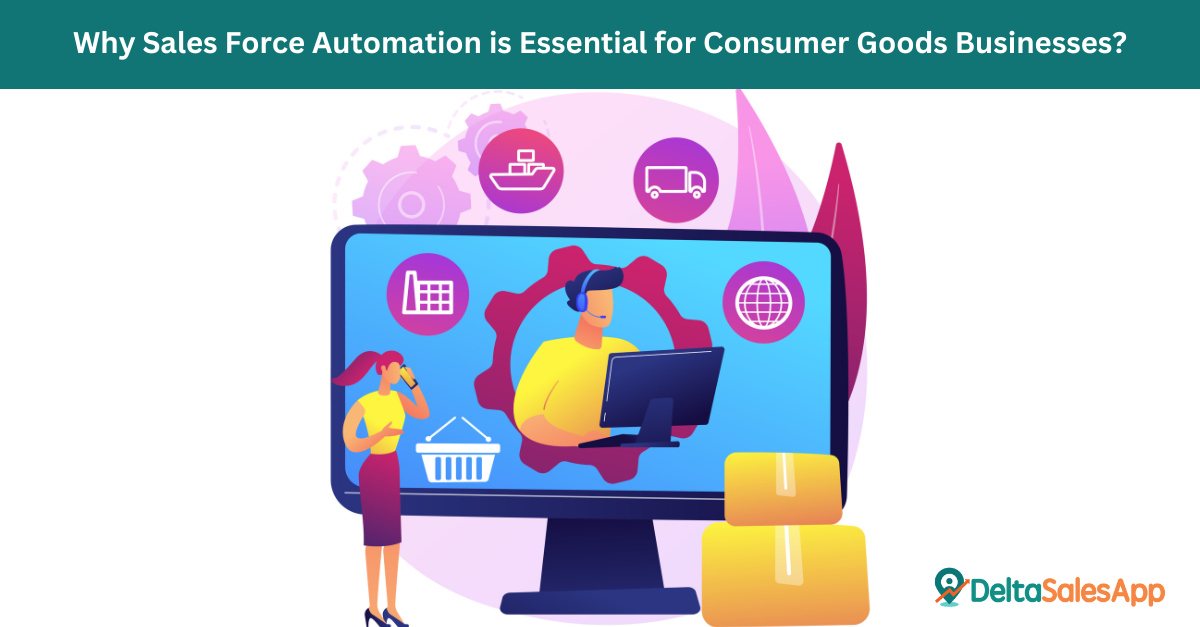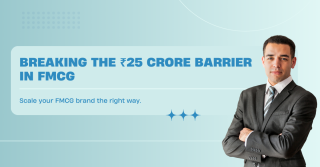Why Sales Force Automation is Essential for Consumer Goods Businesses?

In the competitive landscape of consumer goods, businesses must adapt quickly to changing market dynamics and consumer preferences. Sales Force Automation software has emerged as a critical tool for these companies, enabling them to streamline operations, enhance productivity, and improve customer relationships. This article explores the essential reasons why consumer goods businesses need SFA software.
Streamlining Sales Processes
Sales teams in the consumer goods sector often face a myriad of administrative tasks that can detract from their selling efforts. SFA software automates these repetitive tasks—such as data entry, lead tracking, and order management—allowing sales representatives to focus on building relationships and closing deals. By reducing the time spent on non-revenue generating activities, SFA enhances overall efficiency and productivity.
Enhanced Customer Relationship Management
Strong customer relationships are vital in the consumer goods industry. SFA systems provide a centralized platform for managing customer interactions, ensuring that sales teams have access to real-time data about customer preferences and purchase history. This capability enables personalized communication and targeted marketing strategies, fostering loyalty and repeat business.
Improved Lead Management
Effective lead management is crucial for maximizing sales opportunities. SFA tools automate the capture and prioritization of leads based on their potential value. By leveraging data analytics, these systems help identify high-potential leads and set reminders for timely follow-ups. This proactive approach increases the likelihood of closing deals and enhances revenue generation from existing customers through effective cross-selling and upselling strategies.
Data-Driven Insights
SFA software provides valuable insights through data analysis and reporting features. By consolidating sales data into comprehensive dashboards, businesses can monitor performance metrics, identify trends, and make informed decisions. This data-driven approach allows consumer goods companies to adapt quickly to market changes and optimize their sales strategies accordingly.
Cost Reduction
Implementing SFA software can lead to significant cost reductions for consumer goods businesses. By optimizing routes, managing inventory more effectively, and minimizing redundant documentation, companies can lower their overall operational expenses. Additionally, SFA helps prevent stock wastage and theft by closely monitoring stock movements.
Increased Collaboration Across Teams
SFA tools facilitate better collaboration among different departments such as sales, marketing, and customer service by providing a unified platform for sharing information. This alignment ensures that all teams are informed about customer interactions and sales strategies, leading to a more cohesive approach in driving business success.
Conclusion
In conclusion, Sales Force Automation is essential for consumer goods businesses striving to remain competitive in a rapidly evolving market. By streamlining processes, enhancing customer relationship management, improving lead management, providing data-driven insights, reducing costs, and fostering collaboration, SFA empowers sales teams to achieve greater efficiency and effectiveness in their roles.
For businesses looking to implement an effective SFA solution tailored specifically for the consumer goods sector, Delta Sales App offers a comprehensive platform designed to enhance sales performance and improve customer engagement. With its advanced features for real-time data tracking and streamlined order management, Delta Sales App is an ideal choice for companies aiming to elevate their sales operations and drive growth. Request a demo today to see how it can transform your business!









